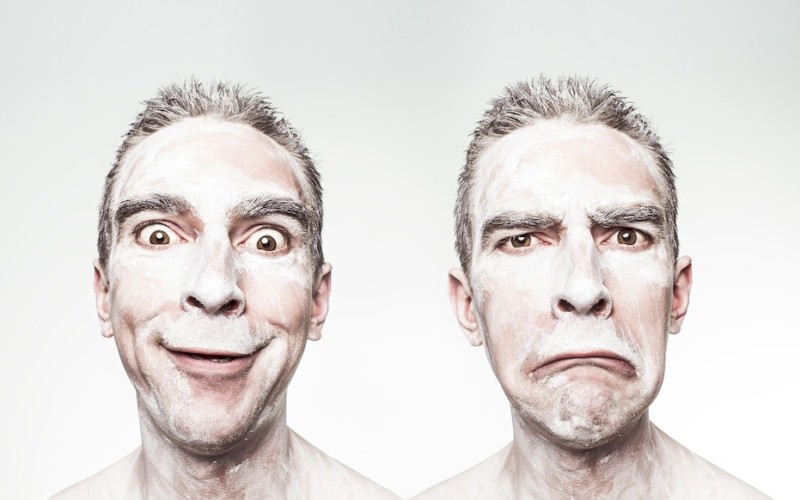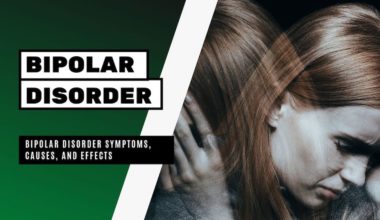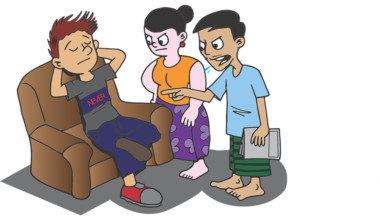It is quite common for everyone to experience changes in mood according to the situation. However, when such mood fluctuations last for many weeks or longer, it is a cause for concern and needs medical assistance. Such a condition is known as a mood disorder. It is a mental health problem which can distort the emotional condition of an individual.
In this article, we will discuss mood disorders types, symptoms, causes, and effects. Read on:
Types of mood disorders:
A person diagnosed with a mood disorder can experience feelings of extreme happiness or sadness which last for an extended period. It can cause changes in behavior which can interfere with everyday routines and relationships. Two of the most common mood disorders are depression and bipolar disorder, with many other forms also existing.
1. Depression
Depression is a common mental disorder. Whenever a person experiences a traumatic event, such as loss of a job or a loved one, it is typical for him to experience grief or sadness. However, when depression is present due to no specific reason, or it persists even when stressful events are over, it is diagnosed as major or clinical depression. Diagnosis of clinical depression is given when symptoms last for more than two weeks.
There are several different types of depression. Depression symptoms may vary depending on the form of the disorder such as:
- Postpartum depression: This type of depression occurs during pregnancy or after delivery
- Persistent depressive disorder (dysthymia): This is a chronic form of depression that can last for at least two years. Symptoms may become less severe as time passes.
- Seasonal affective disorder (SAD): This type of depression occurs during specific seasons of the year. Usually, it starts in late fall or early winter and lasts until spring or summer. Symptoms of winter seasonal affective disorder can be similar to those of major depression and can become less severe during spring and summer.
- Psychotic depression: This is a type of severe depression which can cause psychotic episodes, such as hallucinations and delusions.
2. Bipolar disorder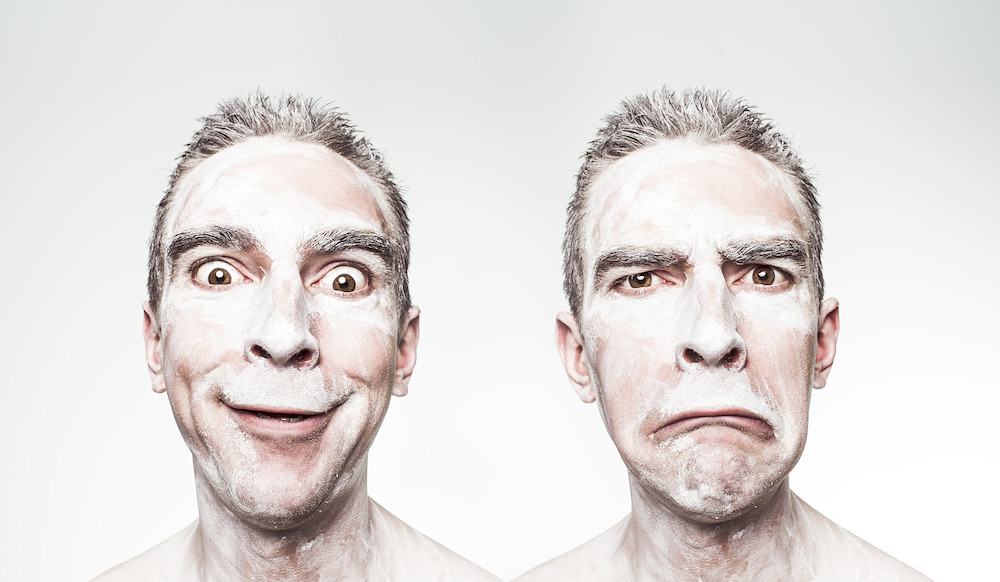
Bipolar disorder is categorized by persistent and extreme mood swings from ‘high’ phases (mania) to ‘low’ phases (depression). Symptoms of a low phase are very similar to those of clinical depression. During a manic episode, a person may feel euphoric and have increased levels of activity. There are three basic types of bipolar disorders:
- Bipolar I: This is the most severe form of the disorder. Manic episodes last at least seven days and may be so serious that the person needs to be admitted in a hospital. Depressive episodes can also last for at least two weeks. Moreover, sometimes symptoms of both mania and depression are present at the same time.
- Bipolar II disorder: This disorder causes phases of depression that are similar to those of bipolar I. A person with this illness also experiences hypomania, which is a less severe form of mania. Symptoms of hypomanic are not as severe as mania. A person with bipolar II disorder is usually able to continue with everyday activities and does not require hospitalization.
- Cyclothymia disorder: This type of mental disorder is categorized as a milder form of bipolar disorder. A person diagnosed with cyclothymia experiences persistent mood swings, from highs to lows.
Moreover, changes in mood can occur rapidly and at any time, with short periods of normal mood in between. Cyclothymia disorder is diagnosed in adults when signs are present for at least two years. For children and adolescents to be diagnosed with this disorder, symptoms have to be present for at least one year.
3. Other kinds of mood disorder
- Intermittent explosive disorder: This form of mood disorder is categorized by episodes of extreme anger with no apparent reason, or that are exaggerated.
- Disruptive mood dysregulation disorder: This disorder is of chronic nature and can be found in children. It is categorized by persistent and severe irritability and temper outbursts.
- Depression related to medical illness: This is a persistent form of persistent depression which may cause loss of pleasure in activities that were previously enjoyed.
- Depression induced by drug or alcohol abuse medication: This disorder causes depression symptoms that develop during or soon after drug or alcohol use or withdrawal or after intake of certain medication
Symptoms of mood disorders: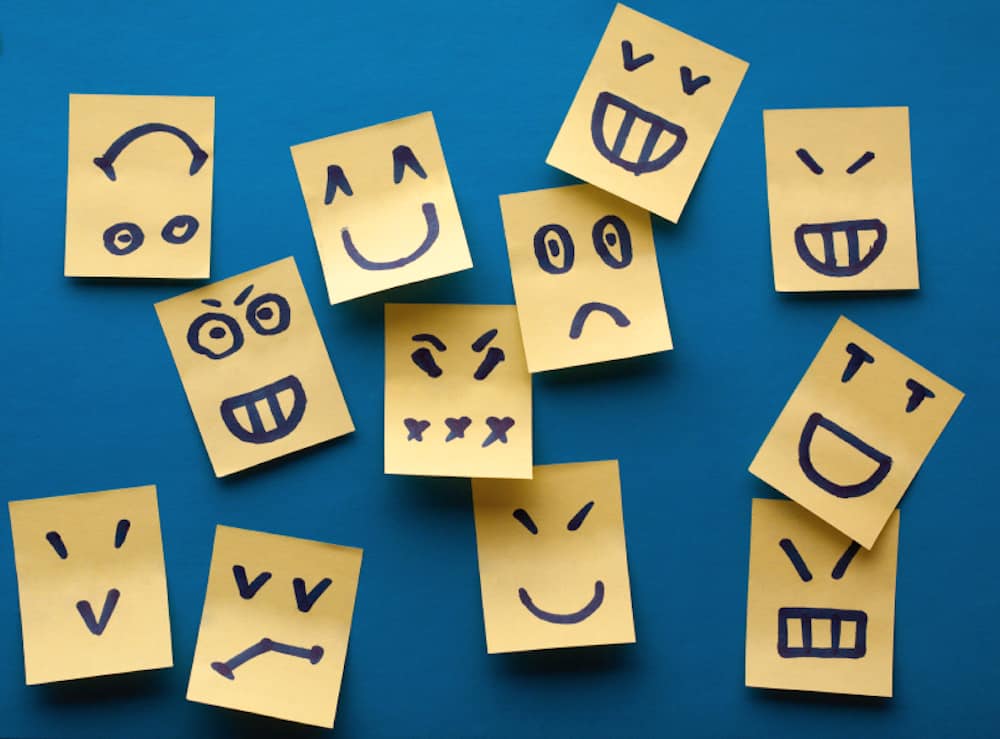
Symptoms of common disorders depend on the type of mood disorder that is present. Depression symptoms may include:
- Difficulty in concentrating
- A feeling of constant grief and the sadness
- Lack of energy
- Feeling worthless and hopeless
- Changes in eating patterns that are, overeating or loss of appetite
- Gain or loss in weight
- Staying awake too much or sleeping too much
- Loss of interest in activities that previously were enjoyed
- Thoughts about death and suicidal thoughts
Symptoms of bipolar disorder include both, symptoms of depression and those of mania. Symptoms of hypomanic or manic episodes include:
- High levels of energy
- Feelings of extreme happiness and euphoria
- Rapid speech or movement
- Irritability and restlessness
- Racing thoughts
- Insomnia
- Feeling ‘jumpy’ for no reason
- Trying to engage in too many tasks at once
- Risk-taking behavior
Causes and effects of mood disorders:
There are several factors which can cause mood disorders. Certain genetic, biological and environmental factors have been known to cause mood disorders. Risk factors include:
- A family member having been diagnosed with a mood disorder
- Previous diagnosis of a mood disorder
- Trauma, stress or major life changes may lead to depression
- Physical illness or use of certain medications. Depression has been linked to major diseases such as cancer, diabetes, heart disease, and Parkinson’s disease.
- Brain structure and function may bring about bipolar disorder.
People diagnosed with mood disorders often isolate themselves from family and friends. Moreover, they may also have difficulty maintaining performance at school or at work. Such people can often also find themselves involved in crimes and in legal trouble.
A mood disorder is a serious mental health condition which can even lead to injury or death. Therefore, it is vital that if we notice symptoms of this disorder in a loved one, we seek medical consultation for them immediately. Psychotherapy and medications can significantly help in reducing the severity of the symptoms of this disorder.

